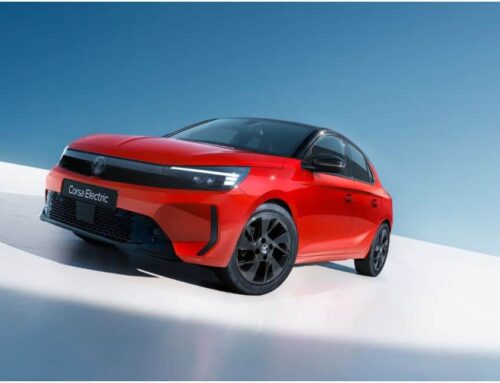THE UK new car market has posted its longest uninterrupted period of expansion for eight years, as registrations grew 16.7% in May to reach 145,204 units according to the latest figures from the Society of Motor Manufacturers and Traders (SMMT).
Despite 10 consecutive months of growth, registrations remain 21.0% below pre-pandemic 2019 levels.
Large fleet registrations continued to drive the growth, up by 36.9% to 76,207 units, reflecting a regularisation of supply following challenging supply issues in 2022. Registrations to private buyers fell slightly by 0.5% to 65,932 cars, while smaller business fleets registered 3,065 units, a year on year rise of 22.5%.
Mike Hawes, SMMT Chief Executive, said: “After the difficult, Covid-constrained supply issues of the last few years, it’s good to see the new car market maintain its upward trend and the fact that growth is, increasingly, green growth is hugely encouraging.
“Transforming the market nationwide, however, and at an even greater pace means we must increase demand and help any reticent driver overcome any concerns about electric vehicles. This will require every stakeholder – industry, government, chargepoint operators and energy companies – to play their part, accelerating investment to drive decarbonisation.”
John Wilmot, CEO, car leasing comparison website Leaseloco, added: “Although a 10th consecutive month of growth in new car registrations is encouraging, we shouldn’t forget that new car sales slumped in 2022, so we are comparing 2023 registrations with very low sales levels.
“Also, EV registrations are not spectacular and are struggling to increase market share – 16.9% seems reasonable on the surface, but in December market share was just under 33%.
“Less than a fifth of all registrations are BEVs for the fourth consecutive month, which is simply not high enough when you consider that the ban on the sale of new petrol and diesel vehicles in the UK is less than seven years away. The Government should be concerned that more people aren’t switching to electric, but there doesn’t appear to be a clear plan and consumers have few incentives to buy EVs.
“Many EVs are still too expensive, despite manufacturers cutting prices. Higher energy costs and substantially lower petrol and diesel prices since last summer means people aren’t as motivated to switch to reduce their running costs.
“And there are frequent stories of people having to queue for hours to charge their cars. Anxiety over charging is not the kind of publicity that is going to convince car owners, who are perhaps sitting on the fence right now, to make the switch.
“It’s not quite time to press the panic button just yet, but we’re getting closer to that point.”
Mark Oakley, Director of AA Cars, said that supply is holding up well, with a 10% increase in UK car production in April and robust demand helping this additional output translate into higher sales.
He added: “June will see the end of an era as Ford ceases production of the Fiesta, one of the UK’s most popular vehicles and consistently one of the searched-for models on the AA Cars website. No doubt there will be some Ford fans desperate to get their hands on one of the last examples to roll off the production line.
“The curtain coming down on Fiesta production is a watershed moment and a sign of the steady transition to electric vehicles.
“With battery EV sales rocketing by 58.7% year on year, we could soon see other popular cars cease production well before the 2030 cut-off for sales of new petrol and diesel vehicles.
“Thankfully for Fiesta devotees, the car will have a strong presence on the second-hand market for many years to come.”







Leave A Comment